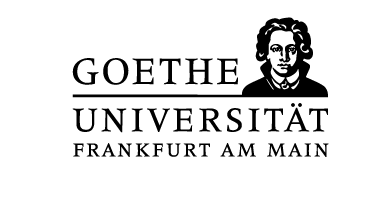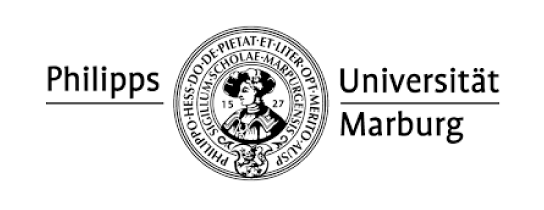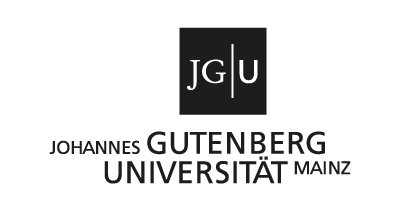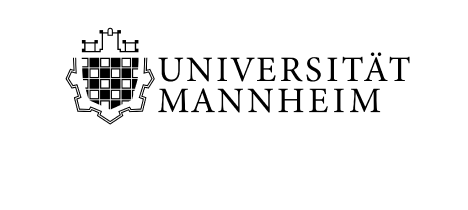Sedimented Histories, Extracted Futures: Environmental Violence and Elemental Memory in Artists’ and Experimental Cinema from North Eurasia
This doctoral dissertation investigates how contemporary artists’ films from the colonised regions of the former Soviet Union reframe the memory of colonial violence by grounding it in materiality, sedimented in landscapes, bodies, and textures of audio-visual media. Moving beyond representational approaches to historical trauma, the dissertation explores how cinematic works engage with elemental materials such as soil, water, wood, and air to unearth the deep entanglements between extractive infrastructure, environmental degradation, and imperialism. From the point of view of this approach, memory is not only about the events of the past, but also about the lingering ghosts – material, discursive, and aesthetic – which haunt the lands transformed by colonial policies. Cinema, then, becomes a medium of both sensing and storying – a space where dominant histories of Soviet utopian modernity collide with counter-stories of displacement, resistance, and speculated futures. This dissertation attends closely to the affordances of the medium: mobilising archival footage, spatialising the image in installation, blurring boundaries between fiction and documentary, and speculatively visualising possible futures. Through close readings of experimental and artists’ films, the project maps how perception and narrative are entangled in shaping colonial afterlives – and how material environments themselves become archives of violence, refusal, and relation.
Analogously to the Western colonial powers, the Russian and, later, Soviet empires mobilized popular culture (especially cinema) to produce the justification of conquest: the occupied territories were presented as empty spaces free to be occupied, while their natives were portrayed as “backward” and “uncivilized” people, who asked to join a more “developed” empire (Annus 2018). Post-revolution Russian modernism of the 1920s, epitomized by such widely acclaimed films as A Sixth Part of the World (Dziga Vertov, 1926) and Turksib (Victor Turin, 1929), showcases the victory of socialist modernity on the “backward” remote territories, participating in the “conceptual conquest of lands and peoples” (Sarkisova 2007: 28) and inscribing colonialism aesthetically into the land. After the fall of the empire, the damaged territories are still impacted by the geographical violence that becomes elemental – that is material, dispersed, and slow (Nixon 2011) returning in the shape of environmental destruction. Taking this into account, this dissertation considers material transformations as inseparable from aesthetic transformations. Thus, many of the analysed audio-visual works resort to archival materials, which function as the infrastructure of perception, producing what Macarena Gomez-Barris calls the “extractive view”. Drawing and elaborating on Karen Barad’s (2017; 2024) term “sedimentation,” I suggest that unearthing the sedimented archive of environmental violence becomes a requirement for opening the possibility of challenging colonial and imperial structures. Sedimentation implies that the violence continues to the present but is often hidden behind damaged landscapes and infrastructures, as well as modes of perceiving and interacting with land.

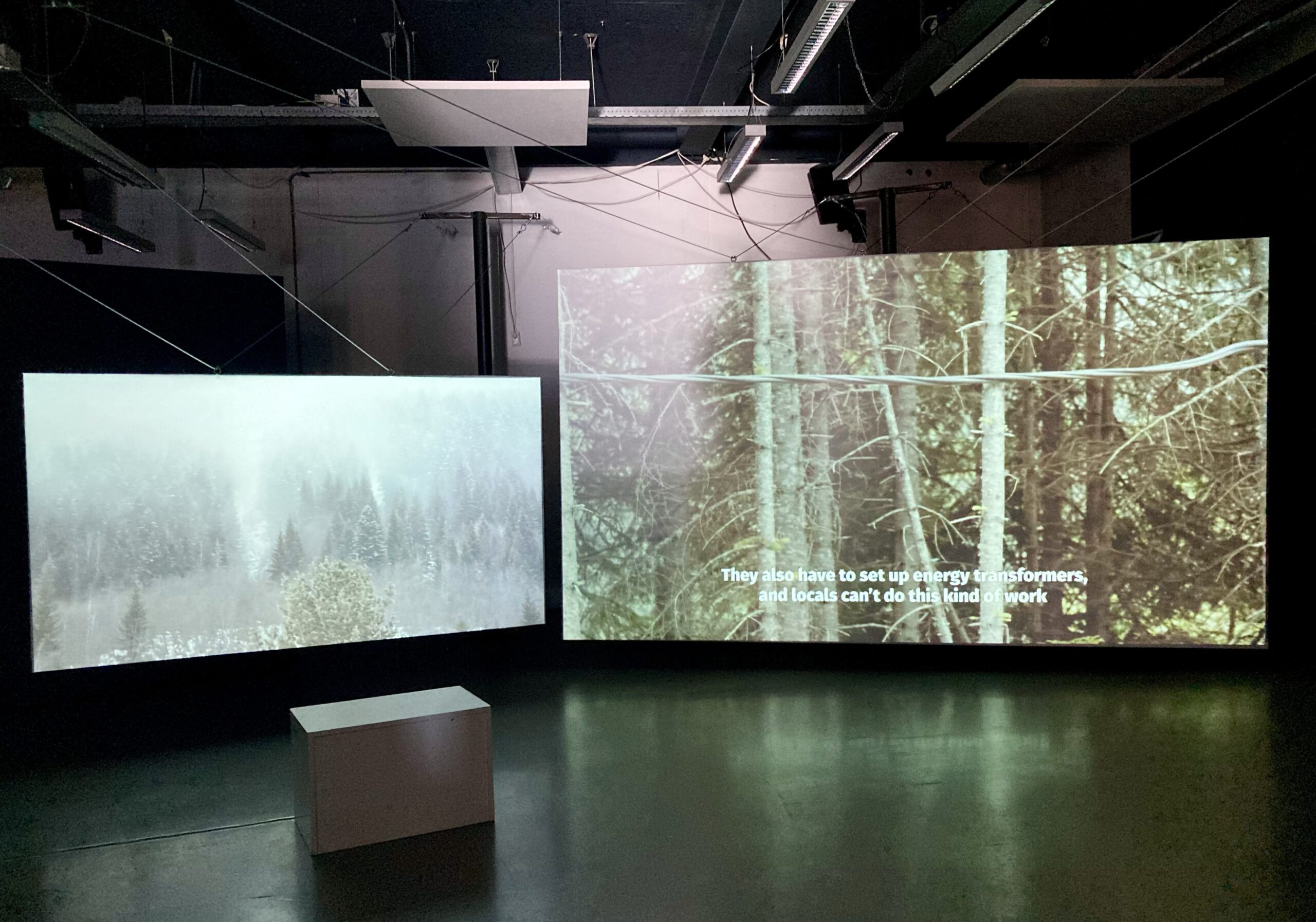

Profile
Kseniia Bespalova is a PhD candidate at the University of Groningen and a film curator. For the winter 2025-2026, they are an associate doctoral member of the Research Training Group “Configurations of Film” at Goethe University Frankfurt. They hold a Research Master’s in Media Studies from the University of Amsterdam. Before beginning their doctoral research, they worked at Eye Filmmuseum, where they were selected for the inaugural edition of the Programmers of the Future programme. As a film curator, Kseniia has also collaborated with Moving Arts Center Amsterdam, the Sarajevo Film Festival, and the art collective F*ck Healing(?). Their academic interests include artists’ and experimental cinema, the intersections of environmental humanities and postcolonial thought, and decolonial approaches to what was previously referred to as ‘post-Soviet studies’.
